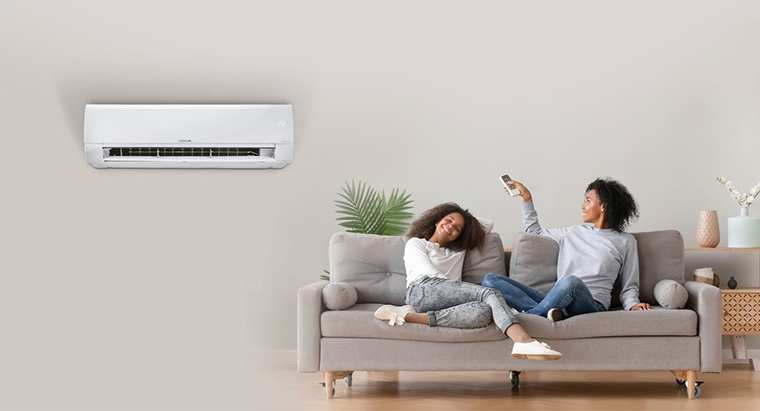Summer is here, and so are allergies. Summer is the busiest time of year for allergy sufferers. The weather is pleasant and people are out and about, so it’s easy to spread the pollen.
Allergies kick up in the spring as flowers bloom and pollen fills the air, but the worst can hit when spring ends and you still find yourself sniffling, sneezing, and miserable. Fortunately, there are ways to lessen the effects, protect yourself, and identify what kind of allergy treatment you might need.
To reduce the impact of seasonal allergies, it is important to prevent them, especially if you are usually prone to them. Here are a few things that can help you sneeze less this summer.
Summer Seasonal Allergy Symptoms
Summer seasonal allergy symptoms are much the same as those that occur in spring: congestion, runny nose, watering eyes, sneezing, coughing, wheezing, sore throat, dark circles under the eyes, and skin rashes.
How are Summer Seasonal Allergies Diagnosed
The best way to get seasonal allergies diagnosed is to visit your doctor. Your doctor will ask about your symptoms and allergic history, and if your allergies are severe, they may refer you to an allergist who specializes in allergy treatment.
The skin test administered by allergists involves exposing a small spot of your skin to a tiny sample of allergen. If you are allergic, a slight bump will form. But your provider may do a blood test instead. Your doctor will refer to these tests when recommending a treatment.
How to Beat Seasonal Allergies

Seasonal allergens come from several major sources. Plant pollen is on top of the sources followed by smog, stinging insects, and microscopic things that multiply faster in warm air. Steps for making allergy season easier depends on knowing these allergens and finding practical ways of guarding against them.
- Monitor the pollen count and smog levels in your local news and weather broadcasts, and stay inside when they’re high.
- Install an AC system that lets you keep your home cool without opening doors and windows.
- Regularly clean places in your home where pollen is likely to collect: bookshelves, vents, and air filters.
- Vacuum often while wearing a mask to help block pollen, mold, and dust stirred up by your vacuum cleaner. Use a bagged vacuum with a HEPA filter for ease of disposal with minimum exposure to the allergens.
- Keep your house’s humidity between 30 and 50 percent to avoid thriving populations of dust mites.
Seasonal Allergy Treatment that Works
A variety of over-the-counter solutions for allergies are available and if your allergic symptoms are treatable by an over-the-counter option, your doctor will recommend one.
However, if your allergic reactions are severe or have the potential to become so, your doctor may recommend a prescription medicine, spray, or may treat you via immunotherapy. Whatever your doctor chooses, you can reinforce those efforts with your own by recognizing where allergens come from and how to keep as many of them out of your home as possible.
Feel free to contact an allergist near you who specializes in allergy treatment.



 Translate
Translate

